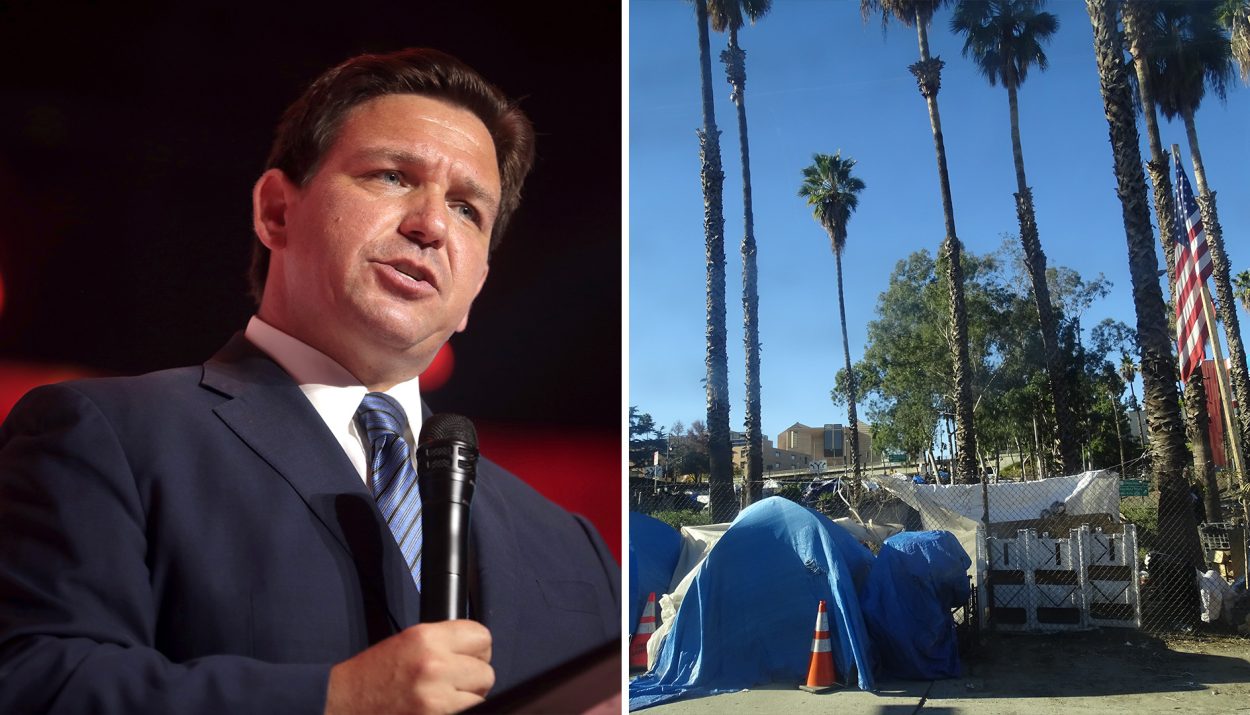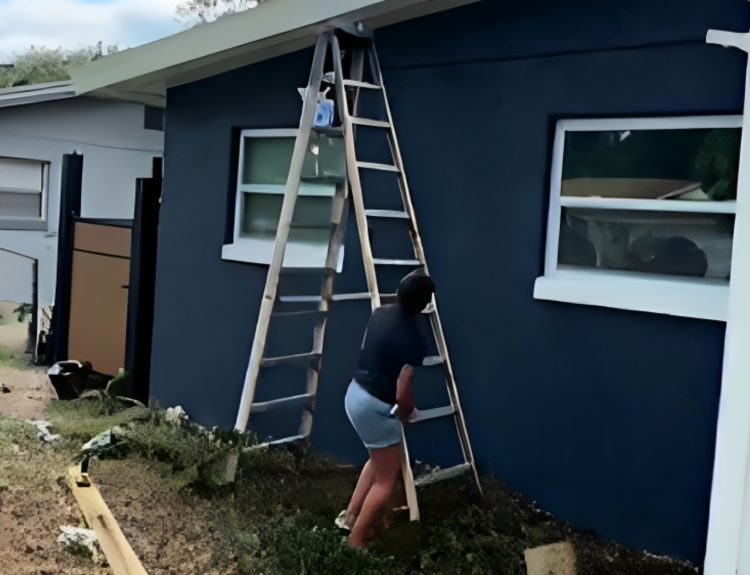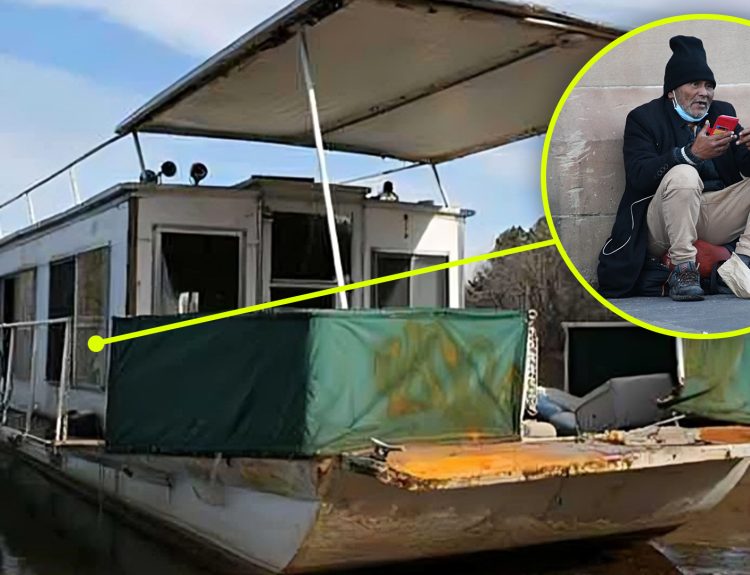Florida Governor Ron DeSantis has signed a new law banning homeless people from sleeping or camping in public places. According to DeSantis and Representative Sam Garrison, the sponsor of the bill, this move will help “homeless individuals have the resources they need to get back on their feet.”
The legislation comes into effect on October 1. Local counties will be required to offer “temporary campsites” whenever homeless shelters are running at full capacity.
Local Municipalities Can’t Allow People to Sleep or Camp on Public Property
The law prohibits local municipalities from permitting individuals to sleep or camp on public property. This includes not allowing “bedding or pillows” to be used in public parks or on any public property.
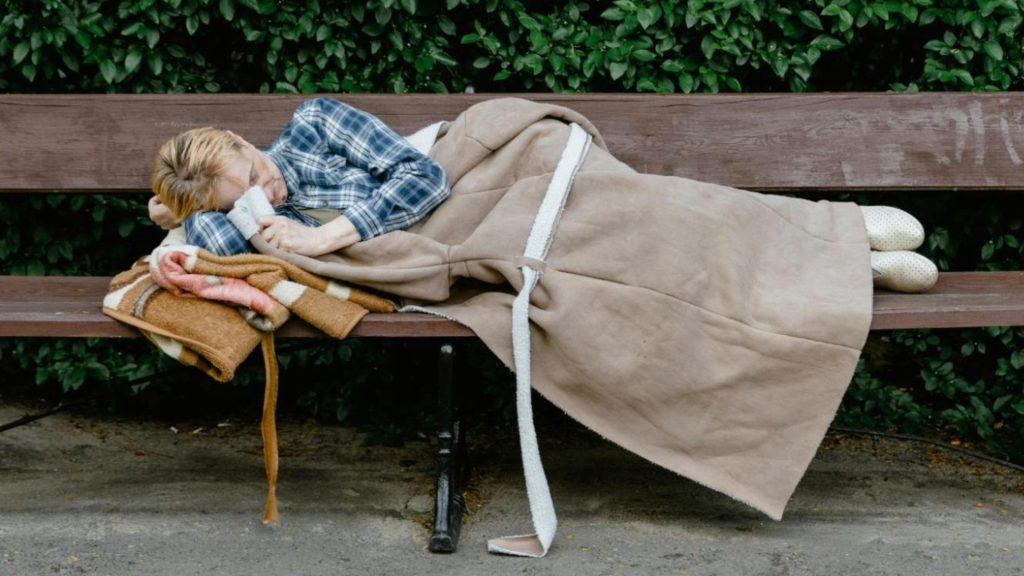
Clarifying his goals with signing the new law, DeSantis said, “The legislation I signed today upholds our commitment to law and order while also ensuring homeless individuals have the resources they need to get back on their feet.”
Quality of Life
In his statement announcing the new measure, DeSantis said he was determined to not allow “homeless encampments to intrude on its citizens or undermine their quality of life.”

Emphasizing his commitment to improving the quality of life for Florida residents, DeSantis said, “You should not be accosted by a homeless like we see. You should be able to walk down the street and live your life.”
DeSantis Doesn’t Want Florida to Become Another New York or California
DeSantis said he was committed to not allowing the homelessness situation in the state get as bad as it in California and New York.

DeSantis said, “Florida will not allow homeless encampments to intrude on its citizens or undermine their quality of life like we see in states like New York and California.”
Bill HB 1365
Referred to as the “Unauthorized Public Camping and Public Sleeping” bill, HB 1365, states “Homeless individuals are prohibited from camping on city streets, sidewalks, and parks—and instead placed in temporary shelters monitored by law enforcement agencies.”

According to Governor DeSantis’ website, “The state of Florida has the enforcement tools needed to ensure local governments comply.”
Drug Addiction and Substance Abuse
Drug addiction and substance abuse is a huge issue among homeless people. Authorized shelters housing homeless individuals “will require occupants to not use drugs.”

Recognizing the importance of providing homeless individuals with proper addiction and mental health treatment, the bill states “These shelters will also include substance abuse and mental health treatments.”
Municipalities Will Set Up “Temporary Campsites”
The Department of Children and Families will give municipalities the authorization to set up “temporary campsites.” The campsites will have to “maintain sanitation, including access to clean and operable restrooms and running water.”
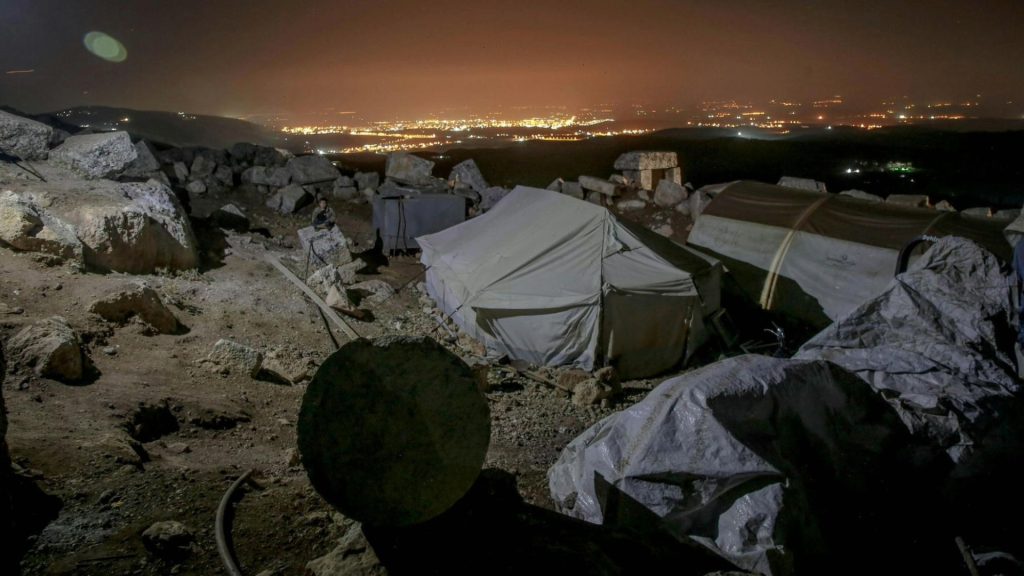
DeSantis’ website says, each one of these campsites will “provide access to substance abuse and mental health treatment resources through coordination with the regional managing entity.”
Florida is Trying to Learn From the Mistakes of Other Cities
The issue of homeless is very complex and hard to address. Garrison said, “With a challenge as complex as chronic homelessness, it is all too easy to fall into the trap of comfortable inaction.”
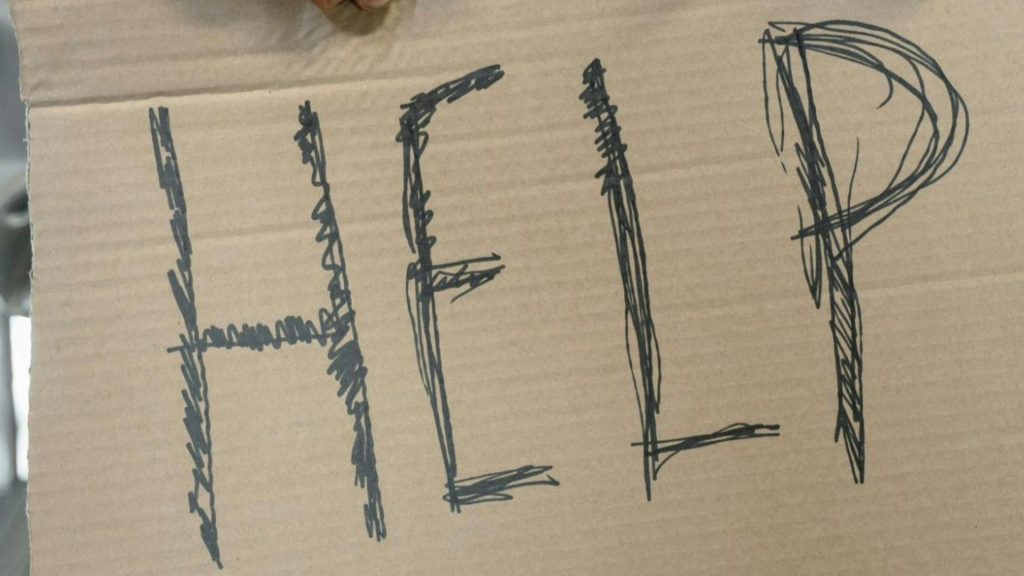
Garrison believes it is important for the state to take at least some kind of action even if it is not enough to eliminate homelessness altogether. He said, “In Florida, we will learn from the mistakes of cities like San Francisco, Denver, Los Angeles, and more which are paying the price for their unwillingness to act. This bill will not eliminate homelessness. But it is a start. And it states clearly that in Florida, our public spaces are worth fighting for. The status quo is not an option. In Florida we choose to act. It is simply the right thing to do.”
Residents Will Be Able to Sue Their Local Government
Municipalities failing to comply with the new law will face consequences. Local residents and businesses will have the right to sue their local government on grounds of non-compliance.
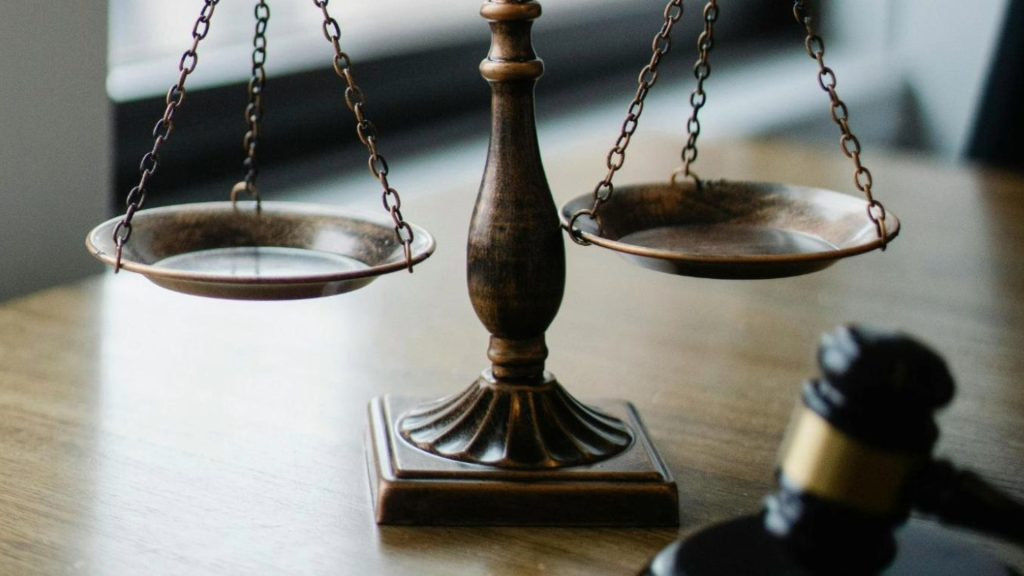
DeSantis said this new law “will help maintain and ensure that Florida streets are clean and that Florida streets are safe for our residents.”
Florida Has Allocated $30 Million for “Continuums Of Care”
Garrison informed the USA Today Network that Florida has allocated $30 million for what is referred to as “continuums of care” in anticipation of the new law. This is $10 million higher than the amount allocated last year.
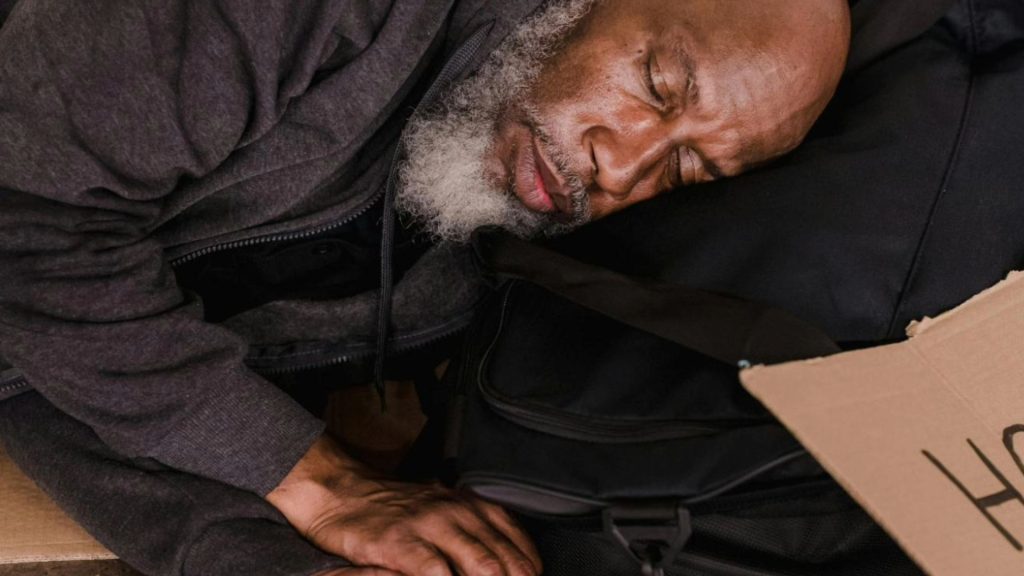
“Continuums of care” refers to regional entities that are responsible for organizing housing and other important services for the homeless population.
Critics Believe $30 Million is Not Enough
Critics believe $30 million is not enough to build all the necessary resources for supporting the state’s homeless population.

According to Megan Sarmento, an outreach program manager for the Florida Harm Reduction Collective in Tampa, “We’re going to need so much more funding if we’re going to build up these resources.” Sarmento added, “Even now, how the system is, we are finding people on the streets and are unable to link them to care because of the lack of resources, including housing and detox.”
30,700 Floridians Are Homeless
Homelessness is a huge issue across the U.S. Last year, the total number of homeless people in the country was estimated to be around 653,104. This number included 30,809 homeless individuals in Florida.
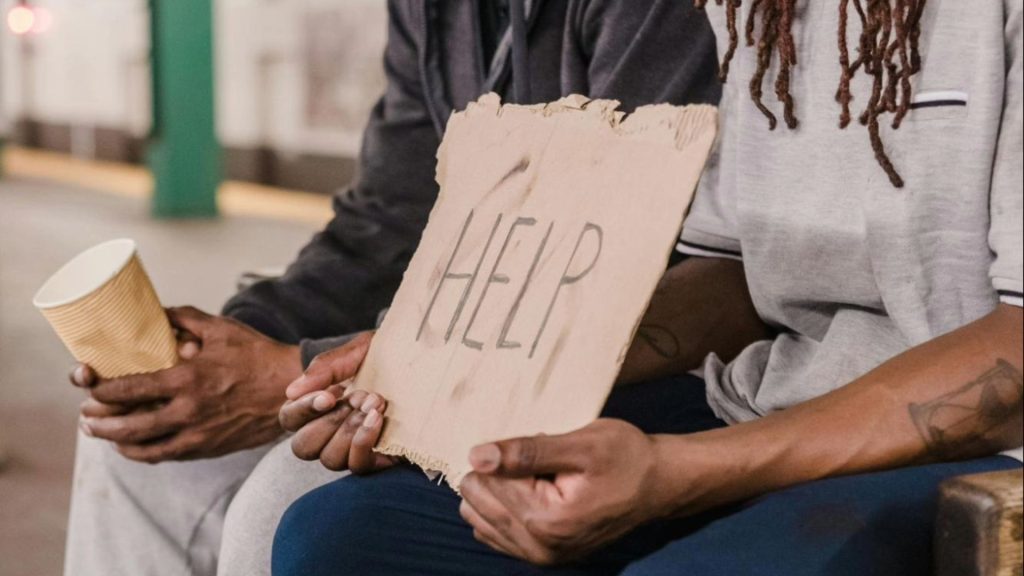
The situation may get worse in Florida because of the rapid population growth the state is currently experiencing.
Targeting a Vulnerable Population
Critics argue this new legislation is striving to unfairly target a vulnerable population while also imposing limitations on local municipalities that have long been struggling to deal with the problem of homelessness.
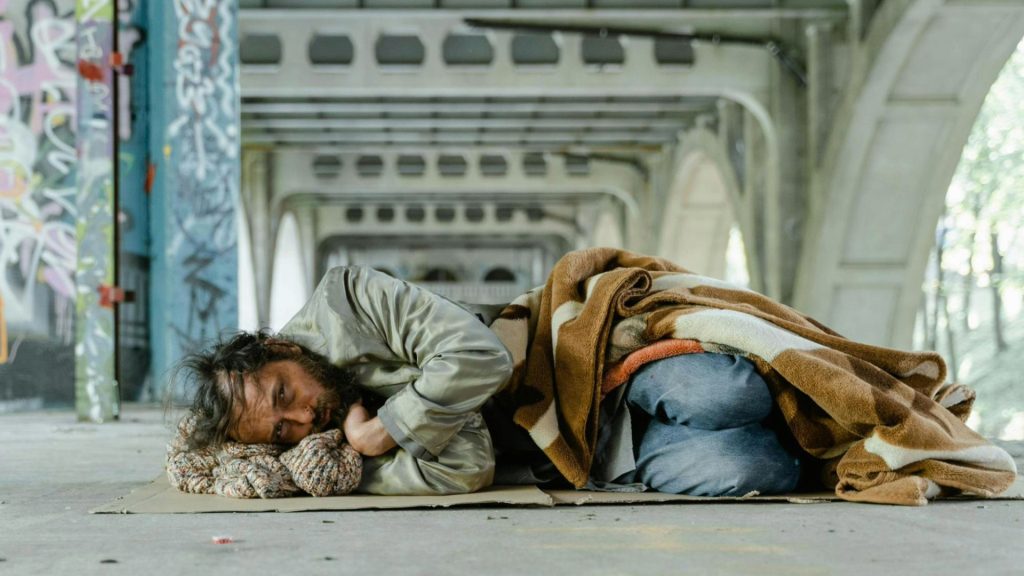
Referring to the “wraparound services” that municipalities will be required to provide to homeless people under the new law, Sarmento commented, “I think the idea of providing wraparound services is great, but the two services that people want the most, detox and medications for opioid use disorder, those resources are either scarce or not allowed.”
The National Homelessness Law Center Points Out Issues
According to the The National Homelessness Law Center, there are a lot of issues associated with criminalizing homelessness.
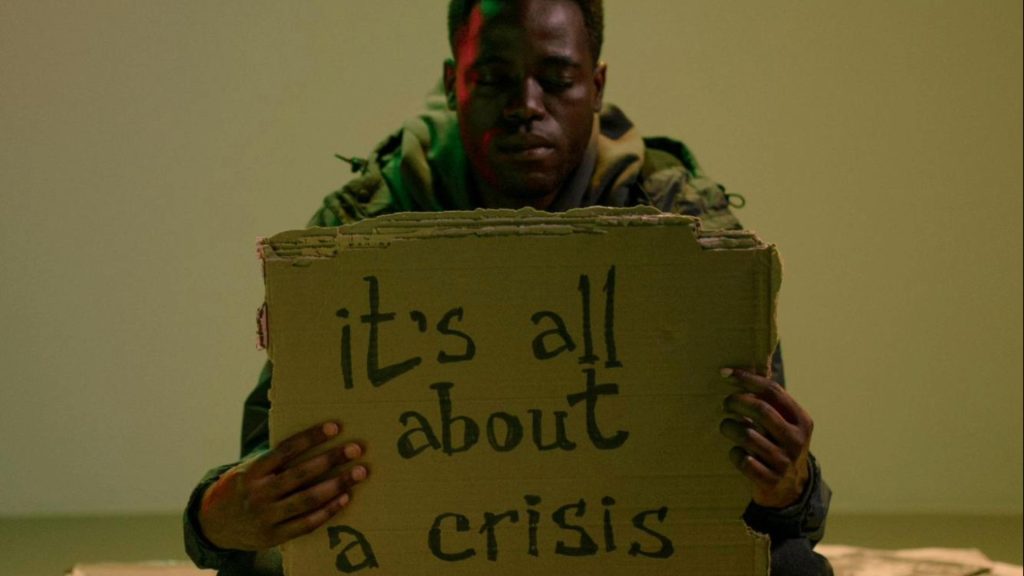
According to a 2021 document released by the organization titled Housing Not Handcuffs, “Camping bans are frequently enforced as an excuse to conduct sweeps of homeless encampments. These sweeps can result in arrests and the destruction of a person’s personal property, including IDs and personal documents, medicine and medical devices, and other crucial items.”
Displacement of Homeless People
The National Homelessness Law Center also pointed out, “Enforcement of a camping ban does not suddenly result in a person experiencing homelessness having a place to live. Instead, it unnecessarily displaces a person experiencing homelessness to another public place, where they might find themselves at risk of subsequent enforcement.”
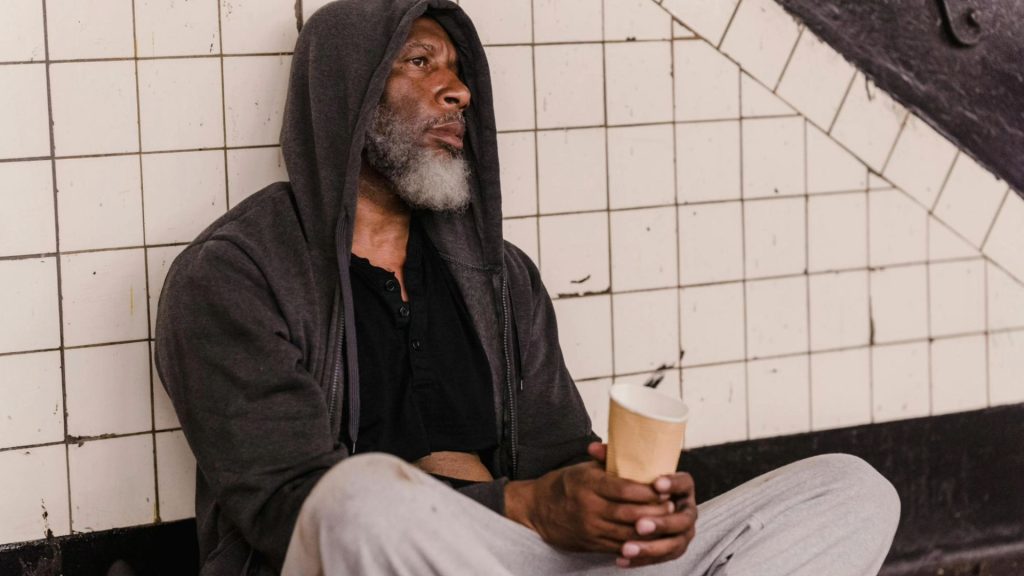
The organization revealed that every single U.S. state has at least one law prohibiting or restricting the conduct and behavior of homeless individuals.
The Cicero Institute Supports Such Measures
Cicero Institute, a conservative policy research group based in Texas, has been advocating for states to adopt restrictions similar to the ones being imposed by Florida’s new law.
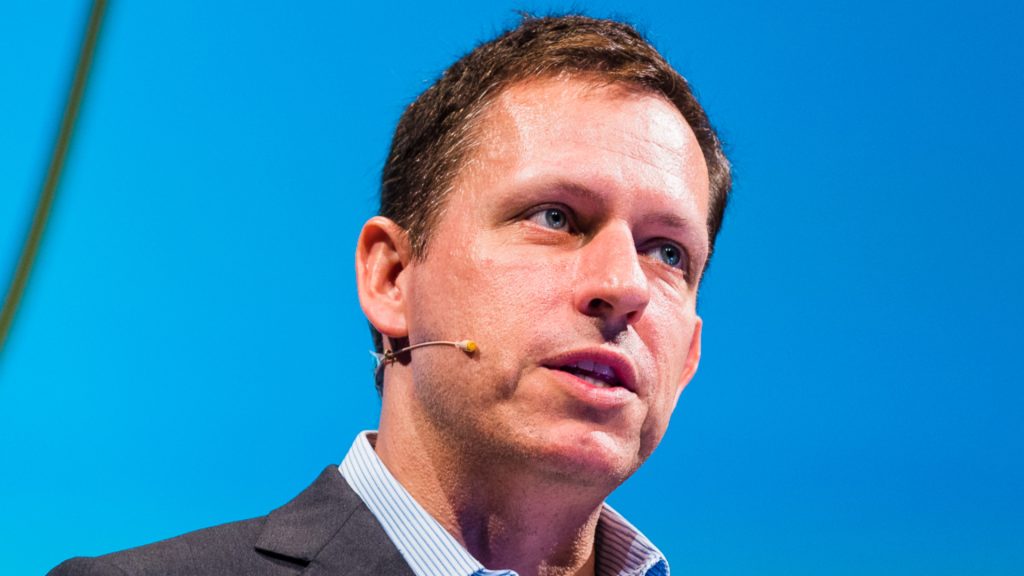
Billionaire tech entrepreneur and Republican mega donor, Peter Thiel is also an advocate for such measures. Joe Lonsdale is another tech investor who supports the state implementing these kind of measures.
Shevrin Jones Criticizes the New Law
Democrat Senator Shevrin Jones believes the new law doesn’t offer any real solutions to address the issues faced by the homeless population. Shevrin said, “This bill does not and it will not address the more pressing and root cause of homelessness.”
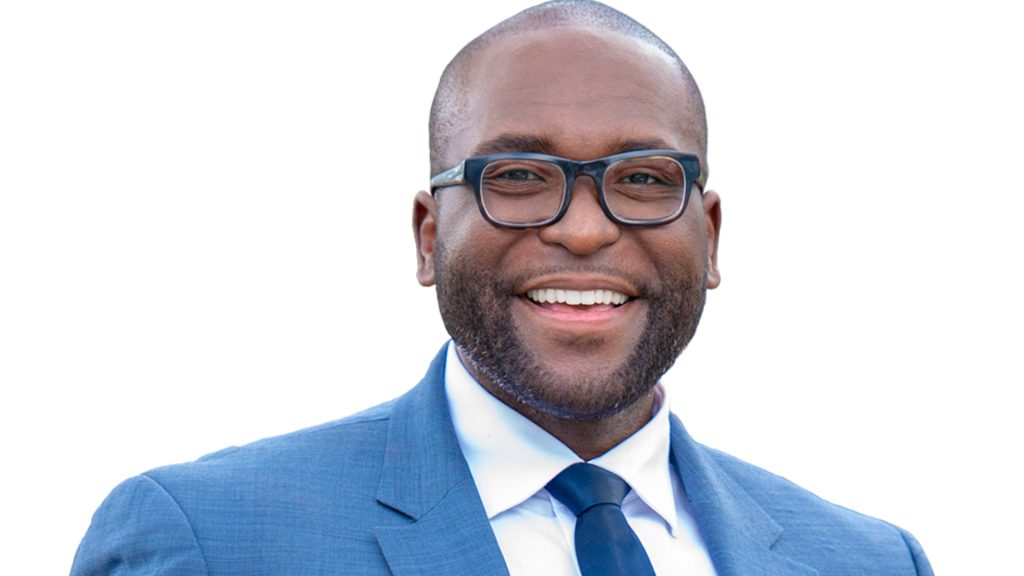
Shevrin added, “We are literally reshuffling the visibility of unhoused individuals with no exit strategy for people who are experiencing homelessness.”
Concerns Regarding the Hygiene and Safety of The Encampments
Supporters of the bill have argued that keeping homeless people gathered in designated locations will help provide better services to them. Critics, on the other hand, have raised the concern that doing gathering all homeless people in designated encampments can potentially endanger children who may find themselves living next to sex offenders.
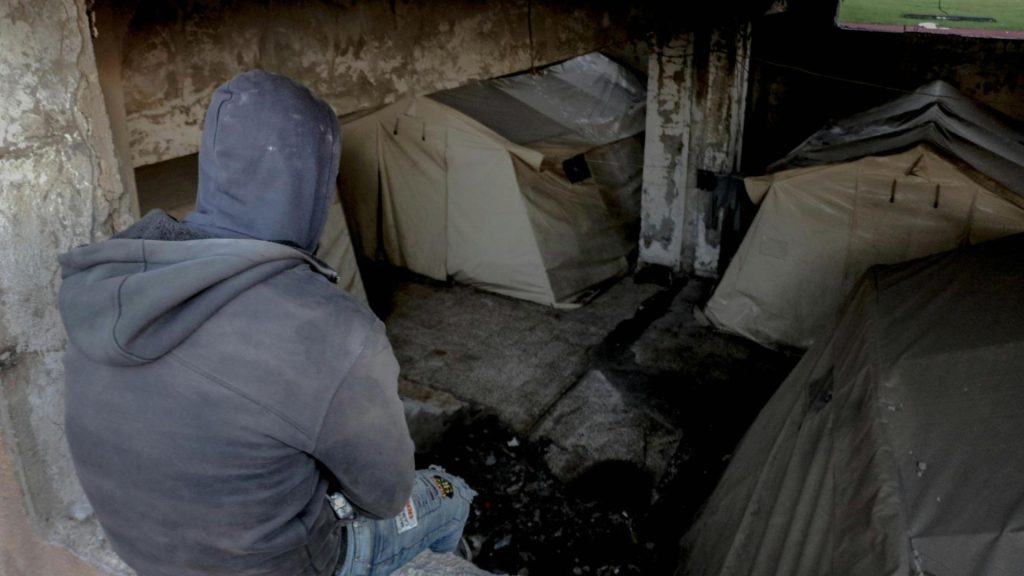
The bill’s opponents have also expressed their concerns regarding the general safety and cleanliness of these encampments.
Jonathan Martin Says the State Wants to Provide “Housing Safety” to Homeless People
The Senate sponsor, Jonathan Martin, Republican from Fort Myers said, “We as a Legislature are doing our part to right the ship and provide housing safety and services for our homeless population of Florida.”
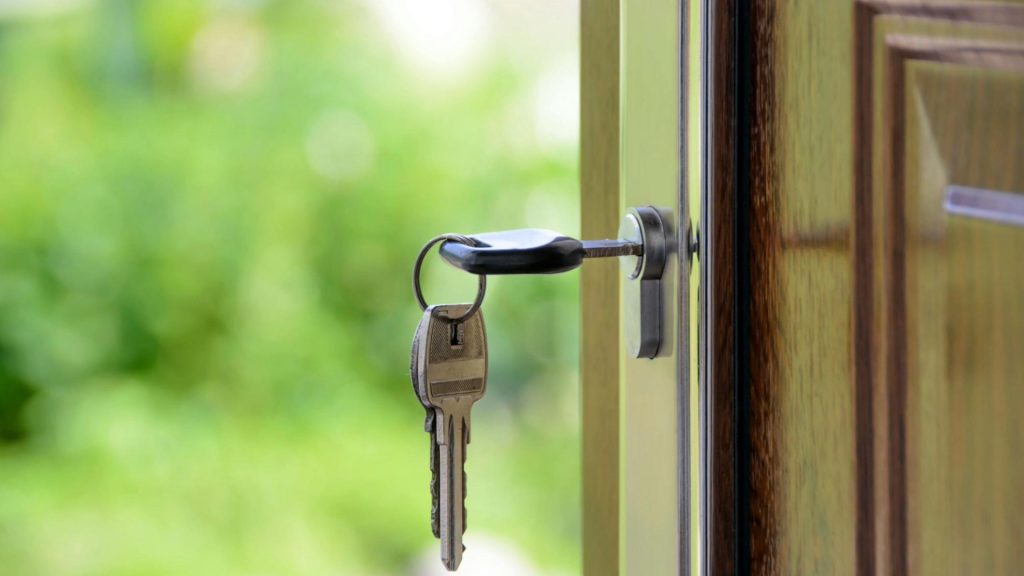
Martin added, “It’s my hope that, with the passage of this bill, local governments will step up and do the right thing to address the homeless crisis in their own communities with the tools this bill provides.”
Victor Torres Doesn’t Support the Bill
Senator Victor Torres, Democrat from Orlando, doesn’t believe the new law is going to do much good. He said, “More harm than good will result from this legislation.”
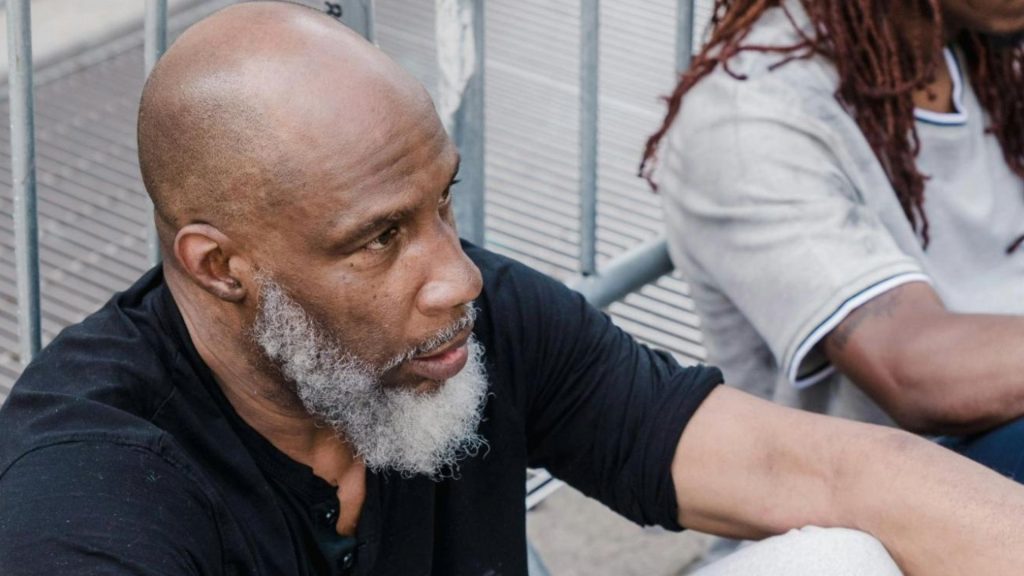
Senator Jason Pizzo, Democrat from North Miami Beach also criticized the bill saying, “This is just taking people off the street that are a nuisance … it’s a round-em-up, paddy-wagon kind of situation.”
Kathleen Passidomo Says the Situation is Heartbreaking
Senate President Kathleen Passidomo stated that there has been “a lot of misunderstanding, maybe misplaced concern” with regards to the bill.
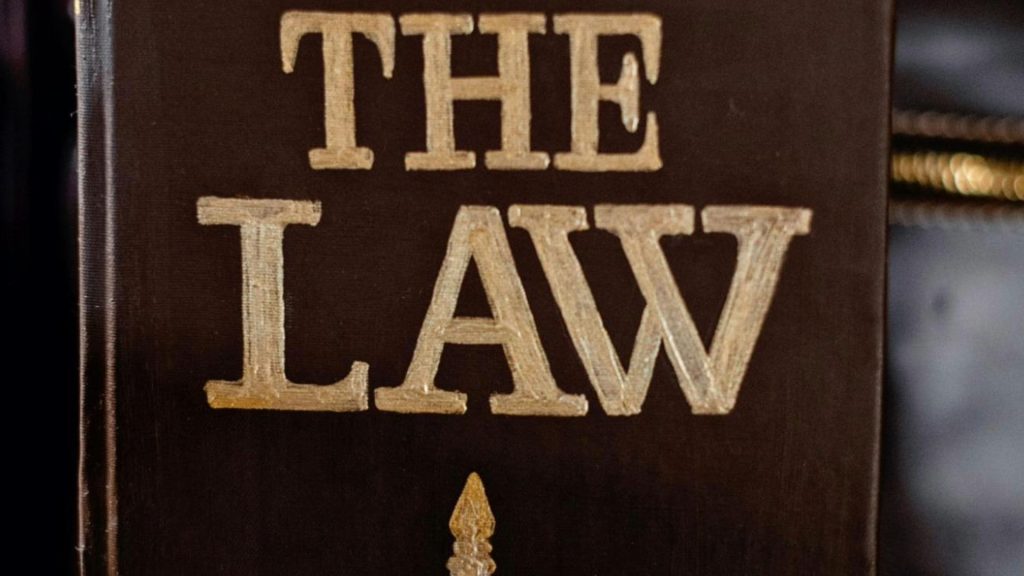
Talking about the grim situation of homelessness across the country Passidomo said, “I’ve traveled all over this country and it’s really troublesome when you go to cities that seem to have more and more homeless people living under bridges, on the streets, in front of buildings. … We even have a few here in Tallahassee. It breaks my heart to see people have to live like that. We’ve got to do something to help them.”
DeSantis Points Out Homelessness Has Declined in Florida
In an online post, DeSantis pointed out that even though Florida is the third most populous city in the country, it doesn’t rank among the 10 top cities with the highest number of homeless people.
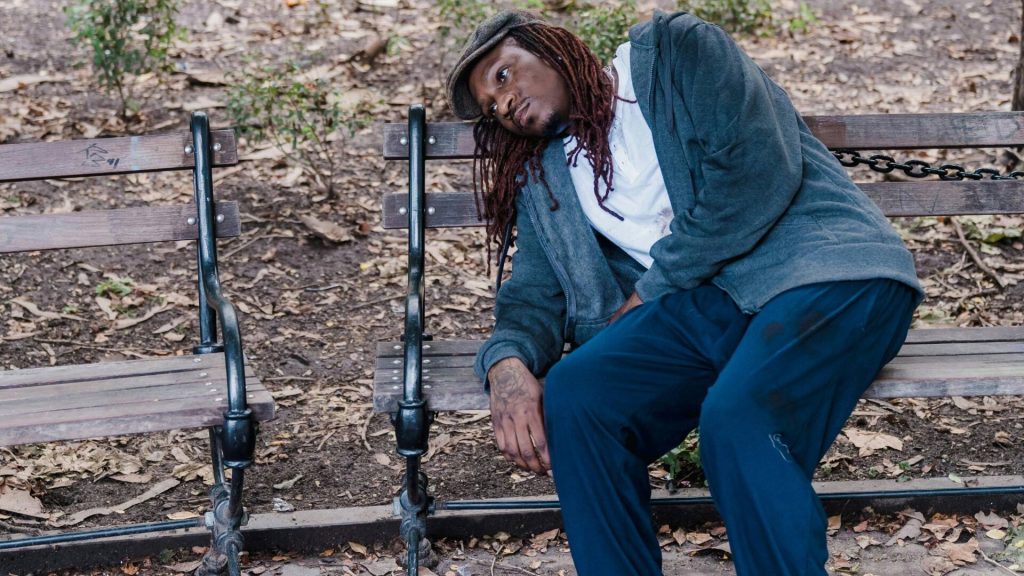
DeSantis also said that even though the population of the state “has increased, the state has experienced one of the largest decreases in the homelessness rate.”
DeSantis’ Strong Stance
In a post on X on March 21, DeSantis said, “The lawlessness seen in “progressive” cities—sprawling encampments, open-air drug markets, and homeless people endangering themselves and others—is entirely preventable.”
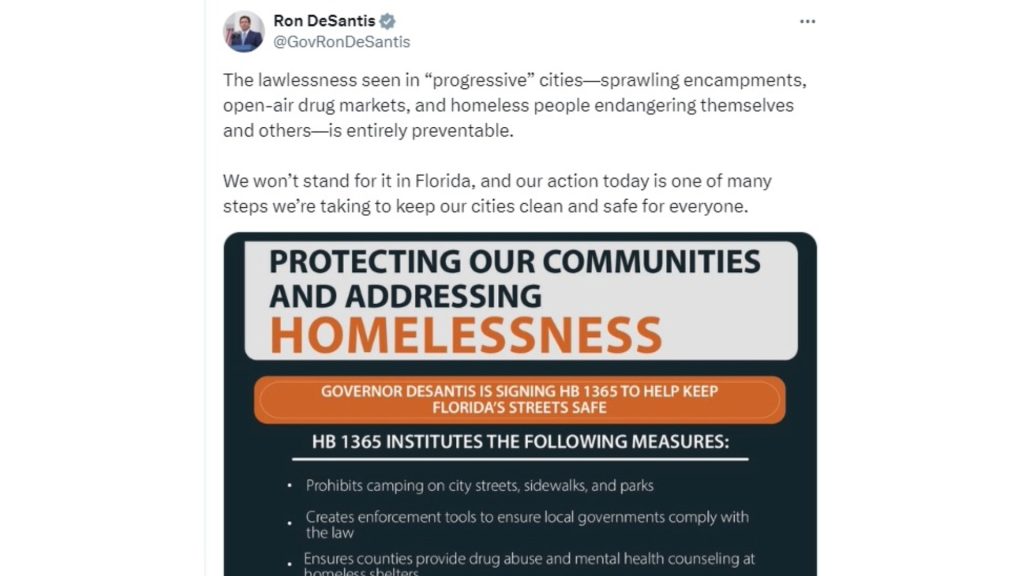
DeSantis added, “We won’t stand for it in Florida, and our action today is one of many steps we’re taking to keep our cities clean and safe for everyone.”
Where Will The Encampments Be Set Up?
A lot of questions remain unanswered at the moment. One of the questions is the location of the encampments that the municipalities will be setting up. They will have to be located in areas where real estate prices won’t be impacted.
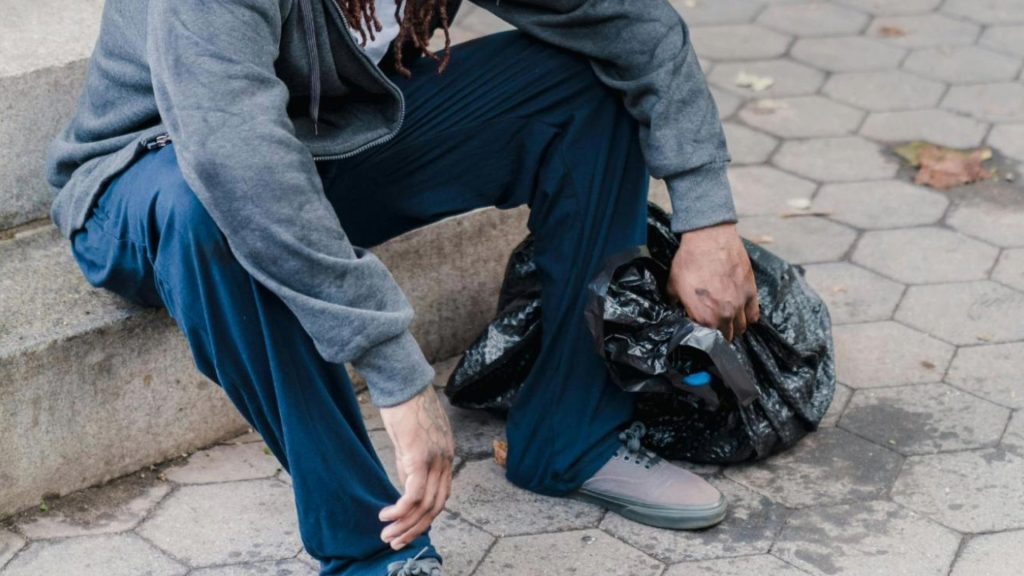
Any Donley, a sociology professor at University of Central Florida said, “… the encampments can’t impact property values, so I’m not sure where they’re going to be.”
More Comprehensive Strategies May Be Needed
States have long been struggling with the growing issue of homelessness. Last year, there was a nationwide surge in homelessness.
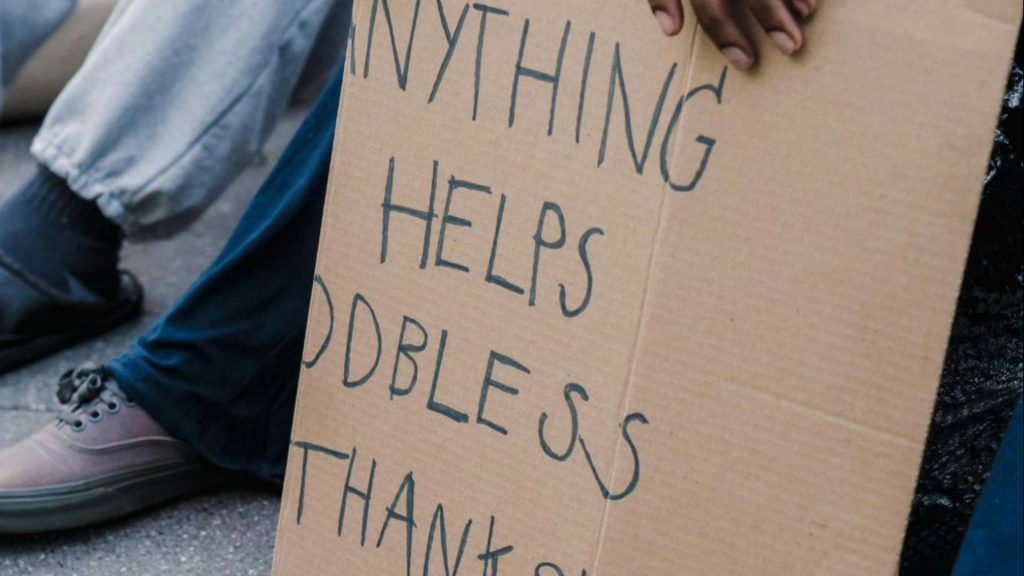
Advocates stress the importance of embracing more comprehensive strategies potentially including re-housing programs, expanding shelter capacity, rental assistance, etc. Such measures may help address homelessness at a deeper level while providing more sustainable long-term solutions for the vulnerable population.

